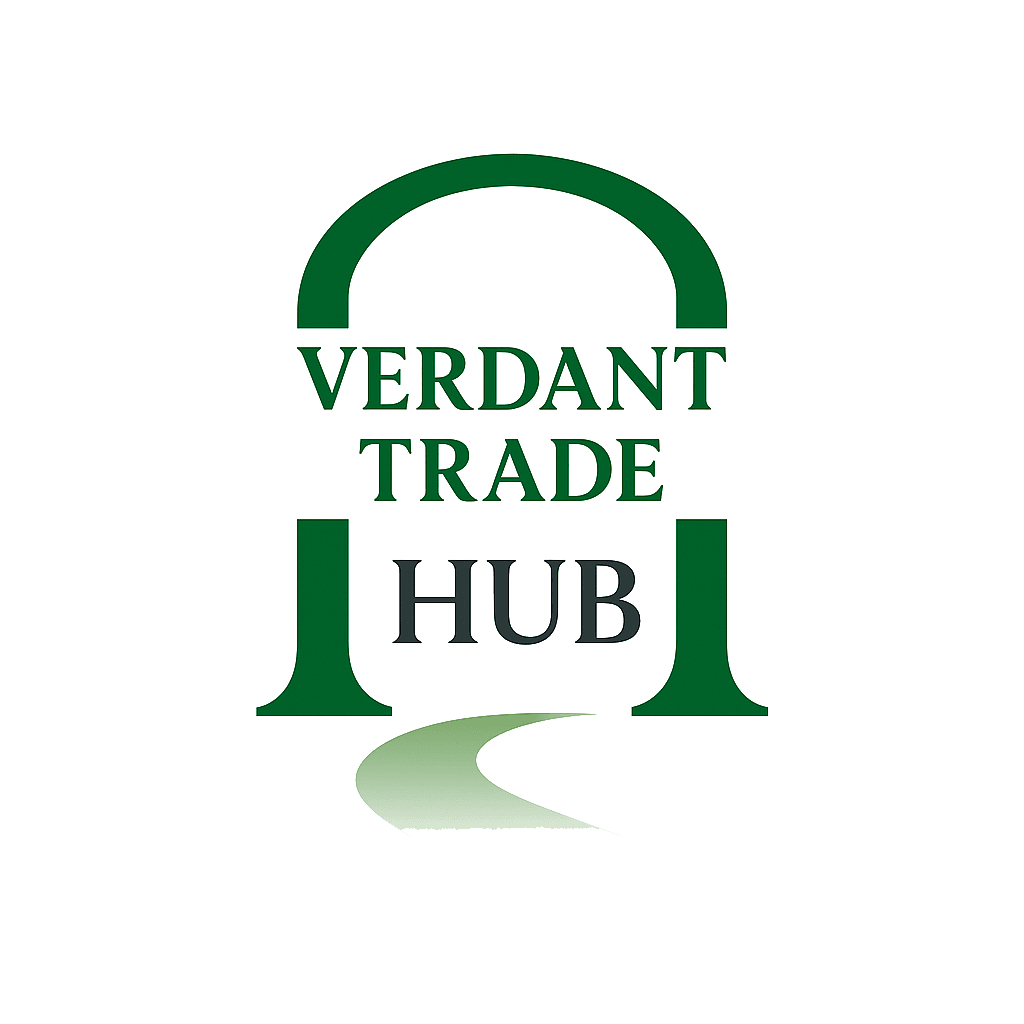Ethical Sourcing: The Impact of Fair Trade on Local Economies
Understanding Ethical Sourcing
In an increasingly globalized market, the demand for transparency and ethical practices in sourcing goods has grown significantly. Ethical sourcing involves making conscientious choices about where and how products are obtained, ensuring that these decisions positively impact both the environment and the communities involved in production. Among the many facets of ethical sourcing, fair trade stands out as a pivotal practice that seeks to improve the livelihoods of producers in developing countries.

The Principles of Fair Trade
Fair trade is built on a foundation of principles designed to create a more equitable global trade system. Key principles include:
- Fair Prices: Ensuring producers receive a fair price that covers their costs and provides a sustainable livelihood.
- Decent Working Conditions: Promoting safe and healthy working environments for all workers involved.
- Environmental Sustainability: Encouraging sustainable farming practices to protect the ecosystem.
- Community Development: Investing in social projects that benefit local communities.
Economic Benefits of Fair Trade
The implementation of fair trade practices has a profound impact on local economies. By providing fair compensation, it strengthens economic stability and resilience in communities that might otherwise struggle with income volatility. Producers are empowered to invest in their businesses, improving productivity and quality, which further enhances their market competitiveness.

Moreover, fair trade supports capacity building by offering training and resources to improve agricultural techniques and business skills. This not only increases income potential but also fosters innovation and entrepreneurship within the community. The ripple effect of these investments can lead to broader economic development and poverty reduction.
Social and Cultural Impacts
Beyond economic advantages, fair trade has significant social and cultural implications. By adhering to fair trade standards, communities often experience improved education and healthcare access. For instance, fair trade premiums are frequently invested in building schools, health clinics, and other essential infrastructure.

This investment in social welfare enhances the overall quality of life and can lead to greater social cohesion and cultural preservation. As communities become more self-sufficient, they can better maintain their cultural traditions and pass them on to future generations, enriching global diversity.
The Global Consumer's Role
Consumers play a crucial role in promoting ethical sourcing and fair trade. By choosing fair trade products, consumers help ensure that their purchasing power supports equitable trading practices. This demand signals to companies the importance of maintaining ethical supply chains.
Educating oneself about fair trade certifications and actively seeking out these products can drive change on a larger scale. As more consumers prioritize ethical purchasing decisions, businesses are compelled to adopt fair trade practices, amplifying the positive impact on local economies worldwide.
The Future of Fair Trade
The future of fair trade is promising as awareness and commitment to ethical sourcing continue to grow. With technological advancements and increased connectivity, it's becoming easier for consumers to trace the origins of their purchases and make informed choices.

Furthermore, collaborations between governments, non-profits, and businesses are enhancing the reach and effectiveness of fair trade initiatives. By continuing to support these efforts, we can collectively contribute to a more just and sustainable global economy.
